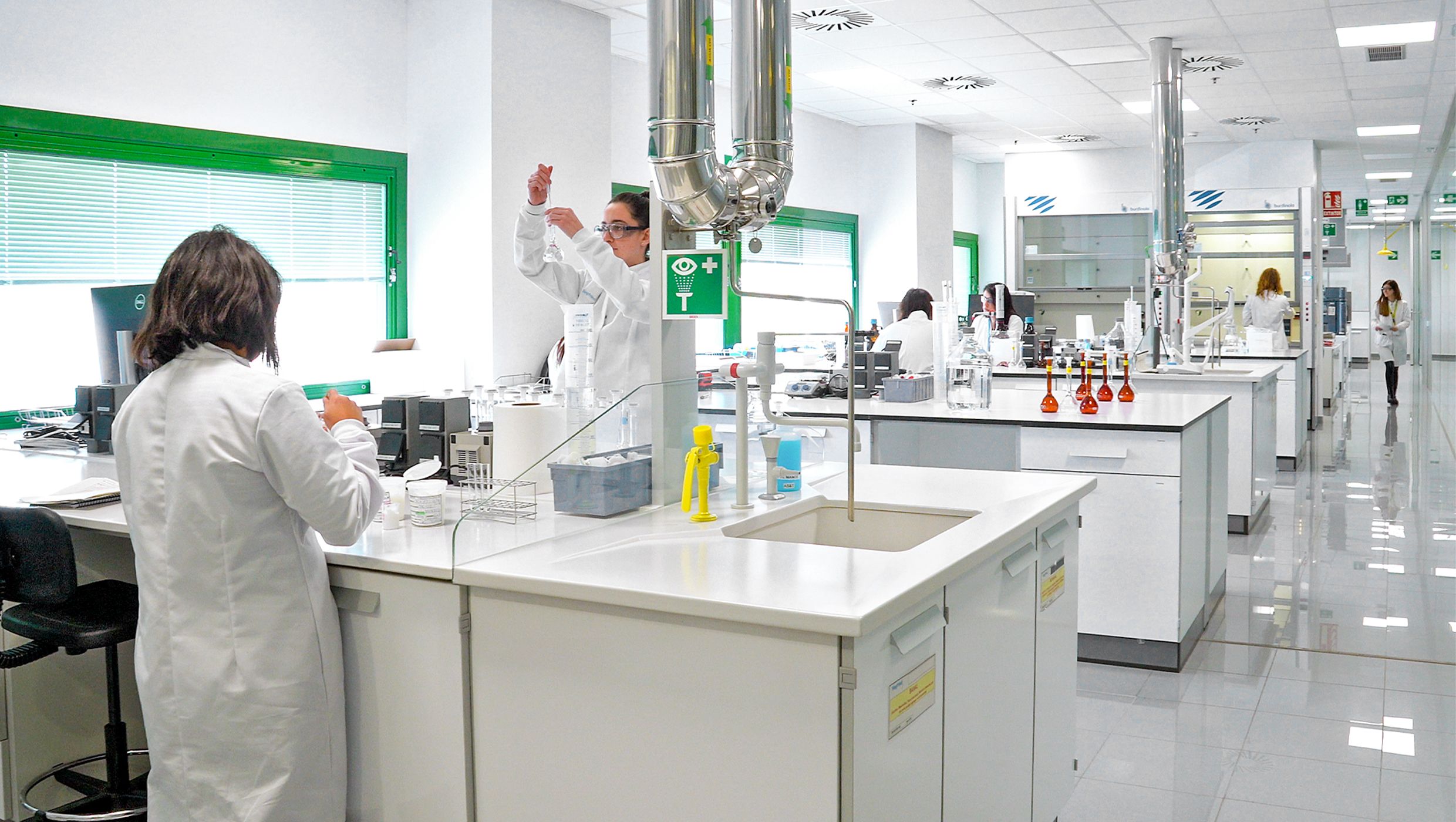Reducing waste up to 15 times through use of membranes
In an ever-evolving world of limited resources, we research innovative ways to use materials such as membrane technology to drastically reduce waste and carbon emissions from burning waste while saving raw materials and energy.
Membrane technology is a filtration process that uses thin, semi-permeable membranes to separate components in a solution. It has become increasingly popular in recent years due to its efficient use of resources, for example removing water from solvents during API manufacturing processes, which consumes large amounts of raw materials and energy. Membrane technology is the basis for both pervaporation and ultrafiltration.
How do pervaporation and ultrafiltration work?
Pervaporation is combined with distillation. The distillate containing water passes through a pervaporation membrane. The membrane filters out water molecules by allowing them to pass through freely, resulting in a purer distillate that can be reused or transferred back to chemical reactions for further processing steps. Ultrafiltration can be used to purify APIs or recycle catalysts and rare metals (e.g., iridium, rhodium, ruthenium), which otherwise would be lost during the manufacturing process. Moreover, because membrane technology generates significantly less waste, it automatically reduces carbon emissions from the waste that would have been burned, which is increasingly essential in today’s environmentally conscious world.
What are the advantages of using pervaporation and ultrafiltration?
Using membrane technology offers numerous advantages over other drying methods, such as the reduced risk of contamination since no chemicals are involved (i.e., entrainer) and improved process efficiency, because of the fewer resources consumed and the ability to recover others, such as catalysts and rare metals. Through this process, we can reduce the waste produced by up to 15 times. Furthermore, the concentration of mother liquors or solute enrichment with the potential product’s recovery can have a significant impact on costs. Impurity removal can be accomplished with mild conditions and less energy, making it particularly suitable for unstable products. Moreover, membrane technology makes waste treatment possible while waste treatment is possible via membrane technology.
Could membrane technology be a sustainable solution?
Membrane technology has been gaining traction in recent years thanks to its many benefits – notably its ability to eliminate unnecessary waste and efficiently use raw materials and energy. Additionally, it offers improved product quality and yields – without generating excessive waste and carbon emissions. For these reasons, Siegfried is testing this technology to deploy it in the near future as a sustainable solution for our API manufacturing processes.

